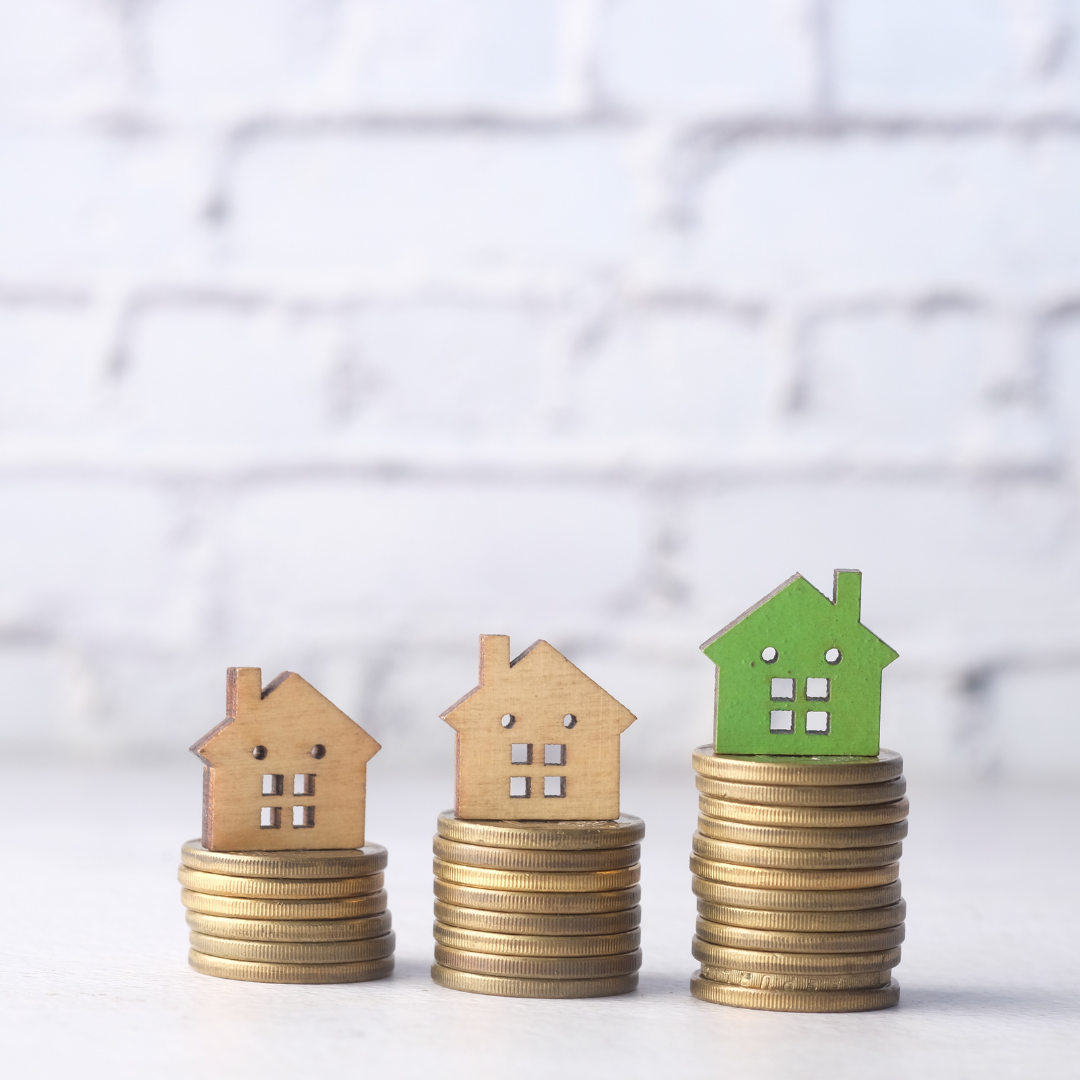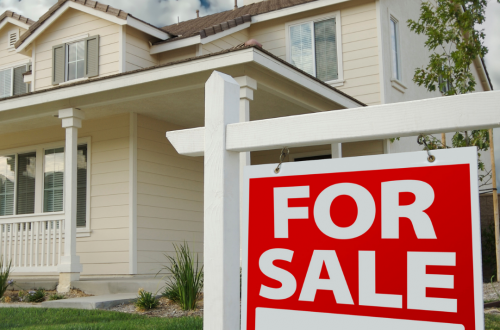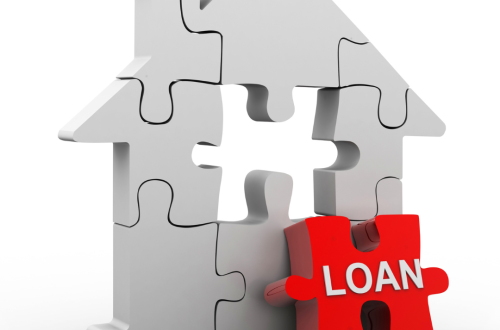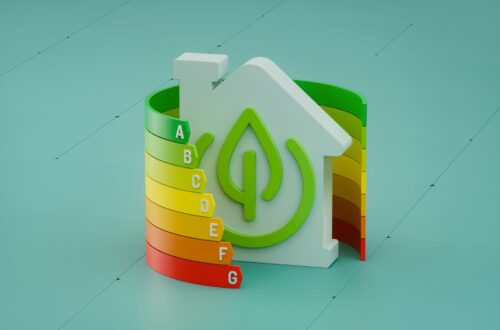Determining the resale value of a home can greatly impact a homeowner’s financial future. Factors such as location, market trends, and property condition are crucial in assessing how much a house may sell for in the future. Homeowners who understand these elements can make informed decisions regarding renovations, pricing, and timing for selling.
A thorough evaluation often involves researching comparable properties in the area, commonly known as “comps,” to gauge market value accurately. Additionally, paying attention to local economic indicators and upcoming developments can provide insight into potential appreciation or depreciation in value.
Ultimately, assessing the resale value is not just about numbers; it’s about strategic planning. By considering various factors and staying informed, homeowners can enhance their prospects in the real estate market and ensure they maximise their investment.
Key Factors Affecting a Home’s Resale Value
Several elements significantly influence a home’s resale value. Important considerations include its location, the property’s condition and any upgrades made, as well as market demand and timing.
Location and Neighbourhood
The location of a home plays a critical role in determining its resale value. Properties situated in desirable neighbourhoods, known for excellent schools, low crime rates, and convenient access to amenities, typically attract higher prices. Factors such as proximity to public transport and employment hubs enhance a property’s appeal.
Further, local market trends can fluctuate. Homes in areas experiencing growth, such as new developments or infrastructural projects, tend to see an increase in value. Conversely, homes in declining neighbourhoods may struggle. Thus, understanding local dynamics is essential.
Property Condition and Upgrades
A property’s condition is paramount when evaluating resale value. Well-maintained homes often command better prices than those requiring repairs. Buyers are generally willing to pay more for move-in-ready homes, while properties needing significant work may deter potential buyers.
Upgrades can also positively impact value. Modernising key areas such as kitchens and bathrooms can yield significant returns. Energy-efficient improvements, such as better insulation or new windows, are particularly attractive to environmentally conscious buyers.
Maintaining a home’s curb appeal also matters. A well-kept exterior, including landscaping and painting, creates a strong first impression. However, not all sellers have the time or resources to conduct extensive renovations before listing. If looking to speed up the process, especially if the house is in a less than perfect condition, understanding alternatives can be important. For example, searching for “sell my house fast orange county” (or a location elsewhere) can help find companies that can buy homes quickly for cash, usually requiring no repairs or agent commissions.
Market Demand and Timing
Market demand fluctuates based on various factors, significantly affecting a property’s resale value. High demand often results in competitive pricing, whilst an oversupply can lead to lower offers.
Timing the market is essential. Selling during peak seasons, typically spring and early summer, can lead to better outcomes. External factors like interest rates also play a role; lower rates generally encourage more buyers to enter the market.
Monitoring these trends allows homeowners to choose the optimal moment for selling. One effective way to stay informed is by regularly checking real estate prices on property listing websites, which offer valuable insights into local market activity, pricing trends, and buyer demand. For instance, one can check out Knoxville TN Real Estate or similar real estate companies elsewhere to track current listings, price movements, and demand patterns in that region. Understanding the specific conditions of the local market ensures informed decision-making, leading to potentially enhanced resale values..
Evaluating Internal Features and Improvements
Internal features and improvements significantly influence a home’s resale value. Key elements include kitchen renovations, loft conversions, and the quality of fixtures and finishes. Each of these aspects can enhance appeal and practicality.
Kitchen Renovations
Kitchens are often seen as the heart of the home and play a vital role in resale value. Upgrades such as modern appliances, open-plan layouts, and high-quality countertops can attract potential buyers.
Key considerations include:
- Appliance Age: Up-to-date appliances improve functionality and energy efficiency.
- Layout: Open-plan designs maximise space and encourage social interaction.
- Storage Solutions: Ample storage, such as pantry and cabinetry options, is a major selling point.
Investing in stylish yet durable materials, such as granite or quartz for countertops, can further boost desirability.
Loft Conversions and Extensions
Loft conversions and extensions increase usable living space and can significantly raise a property’s value. Such improvements create additional bedrooms or office spaces, catering to diverse buyer needs.
When evaluating these features, check:
- Planning Permissions: Ensure the conversion complies with local regulations.
- Construction Quality: A well-executed conversion with attention to insulation and ventilation adds appeal.
- Natural Light: Incorporating skylights or large windows enhances the loft’s attractiveness.
In addition, installing quality loft hatches from Access Panels Direct (or from a similar reputable firm) provides safe and convenient access to the loft, making the space practical for storage, maintenance, or future improvements.
Buyers often value lofts that are both spacious and easily accessible, so well-chosen hatches can enhance the overall functionality and appeal of a conversion.
Quality of Fixtures and Finishes
The quality of fixtures and finishes in a home can strongly impact its resale value. High-quality materials and contemporary designs create a lasting impression.
Considerations include:
- Bathroom Fixtures: Modern taps, showers, and tiles should be considered for their functionality and aesthetics.
- Flooring: Durable flooring options such as hardwood or high-quality laminate can appeal to buyers.
- Lighting: Good lighting can enhance the ambience and showcase a home’s features effectively.
Evaluating these elements is crucial. High-quality finishes add character and demonstrate pride in ownership, both of which can justify a higher asking price.
External Influences and Professional Assessments
Evaluating the resale value of a home involves understanding both external factors and professional input. Various elements play a crucial role, including the mortgage valuation process, the expertise of real estate agents, and specific features of the property.
Mortgage Valuation Process
The mortgage valuation process is critical in determining a home’s worth. Lenders often request a valuation before approving a mortgage to ensure the property value justifies the loan amount.
Valuers assess various factors, such as the property’s condition, size, location, and comparable sales in the area. This process informs lenders of potential risks associated with the investment.
Attention is also given to market trends and economic conditions, which can influence a property’s selling price. A precise valuation aids sellers in setting a price that balances competitiveness with financial expectations.
Working With a Real Estate Agent
Real estate agents provide invaluable insights during the resale evaluation process. Their knowledge of local market conditions helps homeowners price properties effectively and understand how various factors affect potential resale value. They utilise comparative market analysis (CMA) to assess similar properties sold recently. This analysis offers a realistic view of pricing strategies and potential adjustments based on specific features.
Beyond market insights, homeowners often need guidance to simplify the selling or letting process. In such cases, consulting specialists like Moore & York or similar agents can provide tailored advice on property sales and lettings. These agents can offer accurate valuations and use local market knowledge to suggest realistic pricing and help enhance property appeal. By combining expert market insight with personalized support, homeowners can make informed decisions that can help optimize property value, reduce risks, and ensure a more efficient and profitable experience from start to finish.
Moreover, agents also advise sellers on enhancements that could improve appeal and, consequently, resale value. By combining the agent’s local market expertise with professional financial advice, homeowners can make well-informed decisions, optimise their property’s attractiveness, and ultimately enhance their potential return on investment.
Influence of Features Like Swimming Pools
Special features can significantly impact a home’s resale value. Swimming pools are often seen as desirable add-ons, particularly in warmer climates.
However, the value they add can vary based on location and market demands. In some areas, a pool may increase a home’s attractiveness and price, while in others, it may not yield a return on investment.
Maintenance costs and safety concerns also play a role in potential buyers’ perceptions. A house with a well-maintained pool can appeal to families and entertainment-oriented buyers, enhancing its marketability. Understanding these dynamics is crucial for sellers.





